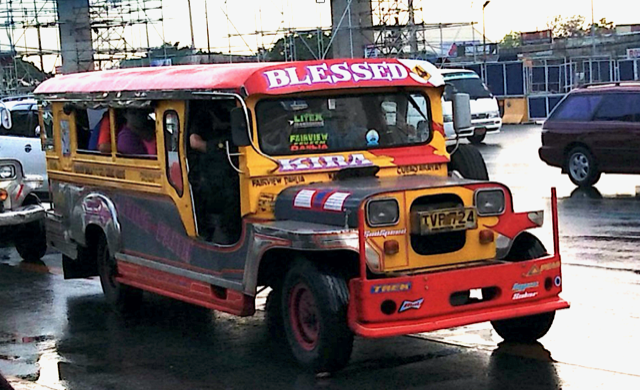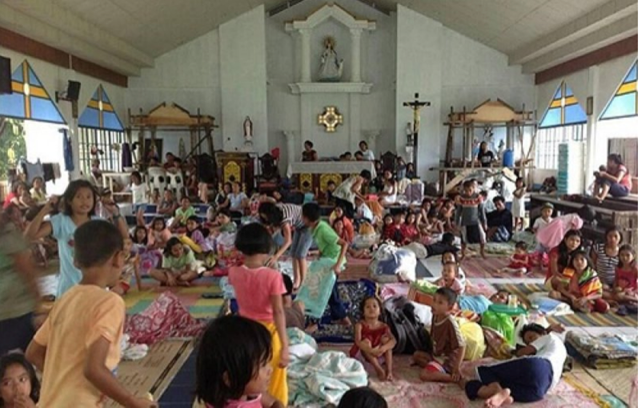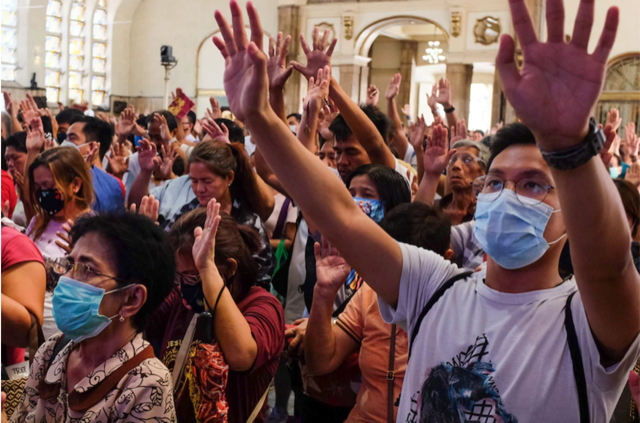Release to the Captives: the majority world’s invitation to freedom from the cultural captivity of the West
Sunday, 27 June 2021
| Irene Alexander

Contemporary Western Christians are the most culturally captive in all of history, according to missiologist Lesslie Newbigin. The Desert Fathers and Mothers of the 3rd century AD lived outside the cities in order to be free of the dominant culture and throughout history the church stood outside its culture as resident aliens. But in our present age, the church does not look very different from its surrounding context. In the foreword to Mark Van Steenwyk’s The UNkingdom of God (2013), David E. Fitch says: ‘The church . . . is looking tired trying to hold onto its alignments with business, economy, university and culture. In many places, it has become too comfortable with the consumer shopping mall as its model for doing business’ (p.2). How can we step aside from our consumer culture to fulfil our calling to proclaim release to the captives and let the oppressed go free?
One of the ways to have the captivity of our Western culture mirrored to us is to live in a majority world culture. In Asia, there is a much greater commitment to community life and to being aware of the needs of others, and Asian spirituality is more consciously woven into everyday life. By living in various Asian contexts, I have come to see Australian and Western life differently — and have become increasingly aware of our insatiable gods of work, competition, consumerism and individualism. Jewish philosopher Emmanuel Levinas challenges us to know God by coming face to face with ‘the Other’ — those different from ourselves. In coming face to face with other people in other cultures we are invited to deeper knowing of God.
My experience of living in two very different cultural contexts has drawn me into relationship with the Other, and thus into a dialectical conversation. Prominent philosophers and theologians, such as Karl Barth, Hans-Georg Gadamer and Jacques Ellul, all call us toward dialectical interaction, where we seek to listen to one another as we converse, respecting one another’s position and thereby forging a new depth of understanding. Thus we come with humility to every conversation and context, accepting that the other (person or culture) has something to teach us, so that we can become ‘positively maladjusted’ to our society, as Jacques Ellul puts it (The Presence of the Kingdom, 1989, xxv).
Seeing the church’s ‘mission’ as dialectical changes how we enter another culture. Instead of taking on the colonial stance of trying to fix, civilise or help, we go with a willingness to learn and to be part of a conversation in which we ourselves are changed. For example, Servants to Asia’s Urban Poor is a mission organisation whose members go and live in the squatter areas of Asia’s big cities in much the same conditions as their neighbours, learning from them what is most needed. The relationships become dialectical, which enhances learning in both directions.
One of the contrasts between Australia and the Philippines, for example, is that in Australia monthly attendance at church is now considered to be ‘regular’ attendance. In Manila, by contrast, churches are overflowing with people several times a day. Regardless of the sociological and spiritual reasons for this difference, Paul exhorted us to ‘discover creative ways to encourage others and to motivate them toward acts of compassion, doing beautiful works as expressions of love. This is not the time to pull away and neglect meeting together, as some have formed the habit of doing, because we need each other!’ (Heb 10:24–25, The Passion Translation - TPT). The human need for social interaction calls us to gather together, and if we neglect church (which means ‘gathering’ in the Greek), we will seek that interaction elsewhere. Eugene Peterson says that, if we do not hear the Scriptures in someone else’s voice each week, we will start making them up.
Many of the students I’ve worked with in Manila take part in churches or projects in the slums. In Slums Reimagined (2020), my colleague Aaron Smith talks about his and his wife’s decision to bring up their sons in an ‘informal community’ (a slum), where they have experienced the generosity of their neighbours, the interrelationships of their community and the shared life of the (physically) poor. The majority of Christians in Australia choose to be part of middle-class churches, where we are seldom confronted with the needs of the disadvantaged. In these churches, how will we ever hear the call of the Spirit to align our lives with Jesus’ call to be with the marginalised? We hear this call in Luke 14, when Jesus instructs his listeners to ‘invite the poor to your banquet, along with the outcast, the handicapped, and the blind — those who could never repay you the favour’ (TPT).
When Cyclone Yolande wrought destruction in the Philippines, my friends and students from Manila offered counselling and aid. During the covid epidemic, Filipino friends collected donations to deliver necessities to the overcrowded prison and people in need and began ‘community pantries’ to share food. In Australia, we have the wonderful security and luxury of a government with a social security safety net, but the flip side is that we expect the government to fix everything and we tend to blame it when it doesn’t. As Christians, how are we called to respond to the needs of our society?

The students who sought to bring comfort and healing to the survivors of Cyclone Yolande heard devastating stories about those who had been caught for hours in the storm surge. As they cried out to God, they wept not only for rescue, but also in repentance, asking God to show them what they had done wrong. As recent bush fires and drought have devastated Australia, and as we have been affected by the pandemic, I have wondered what would have to happen to us as a nation for us to ask God those questions. ‘If my people who are called by my name humble themselves, pray, seek my face, and turn from their wicked ways, then I will hear from heaven, and will forgive their sin and heal their land’ (2 Chron 7:14). We have been taught to rationalise tragedies with scientific answers — and certainly, there are scientific reasons for climate change, the pandemic and worsening bush fires. We have learned to justify our lifestyle as our human right or entitlement. And, of course, when things go wrong, we blame the government or other political parties. But how can we live in a responsive relationship with God so that, when we ask for God’s intervention, we also invite God to convict us of our guilt and to extend mercy to all? As Australian sociologist and theologian Charles Ringma writes in A Fragile Hope: Cultivating a Hermitage of the Heart (2021):
Most basically, I feel the need to live under the mercy of God. I need God’s grace, forgiveness, and healing presence. I need God’s support and encouragement. In receiving God’s mercy, I enter into the wide spaces of the “smile” of God. Mercy frees me. It is a liberating power. Some may feel that such a cry for mercy goes against our human dignity or minimizes our humanity, and yet this is based on a faulty notion that we are self-sufficient and without error or blame. This is the myth of late-modernity, and it is not sustainable at any level of personal reflection or reading of our wider social landscape. There is plenty of madness and injustice in our world — and none of us are without some complicity!
Journeying closely with Christians in Asia brings us a new perspective about how we might live in our Australian context. How might we learn from Asians to become more communally oriented, to live out the mandate to love one another, to learn to journey together and to give of ourselves to the poor and marginalised in our midst? Michael Goheen notes that the early church ‘was an alternative community living in a different story than that of the dominant culture. As it embodied a contrast lifestyle, it was attractive and publicly subversive’ (‘Toward a Missiology of Western Culture’, European Journal of Theology VIII, no. 2, 1999, 155). How can we live as an alternative community, a visibly contrasting lifestyle?
Irene Alexander is a spiritual director and has a background in psychology and missions. She is the author of numerous books and lectures at the Asian Theological Seminary in Manila, Philippines, and the Australian Catholic University in Brisbane, Australia, and also in spiritual direction formation. She is an elder of Servant to Asia's Urban Poor, a Companion of Northumbria Community and a mother and grandmother.
This article is from a chapter originally published in Spiritual Companioning at the Edges (Melbourne: Wellspring 2021), edited by Peter Bentley and Ann Lock. Reproduced with permission from the author.
Images:
Photo of 'blessed bus' and group photo of believers provided by Irene Alexander.
Other photo: church offering refuge to survivors of Cyclone Yolande; believers gathered for worship in the Philippines.
